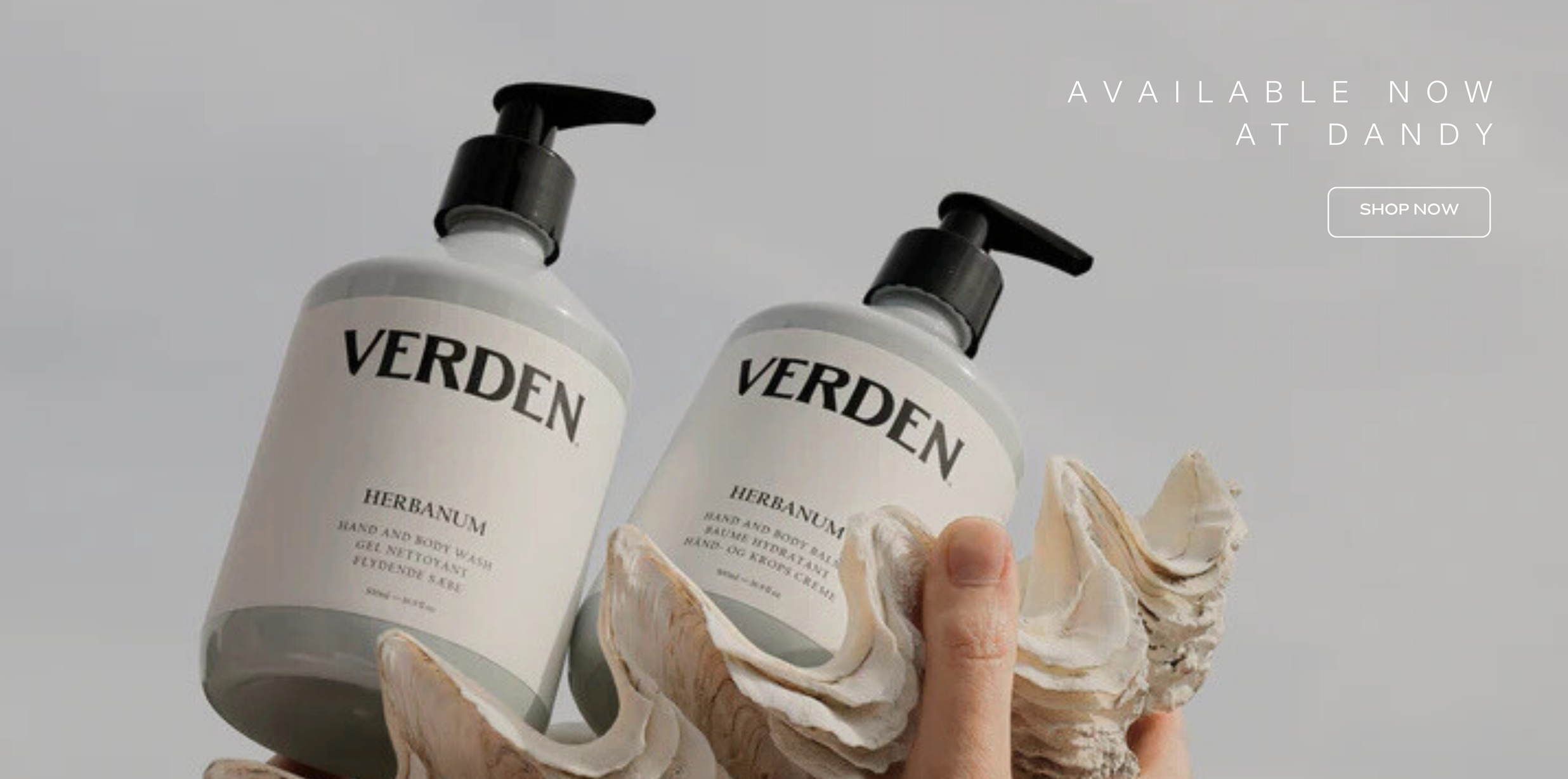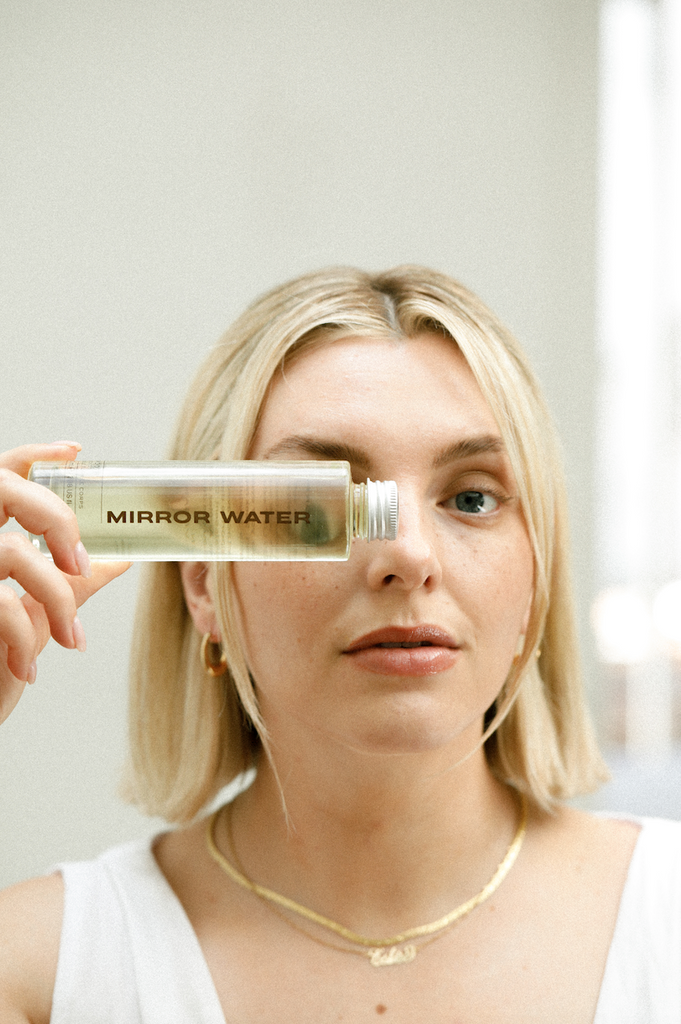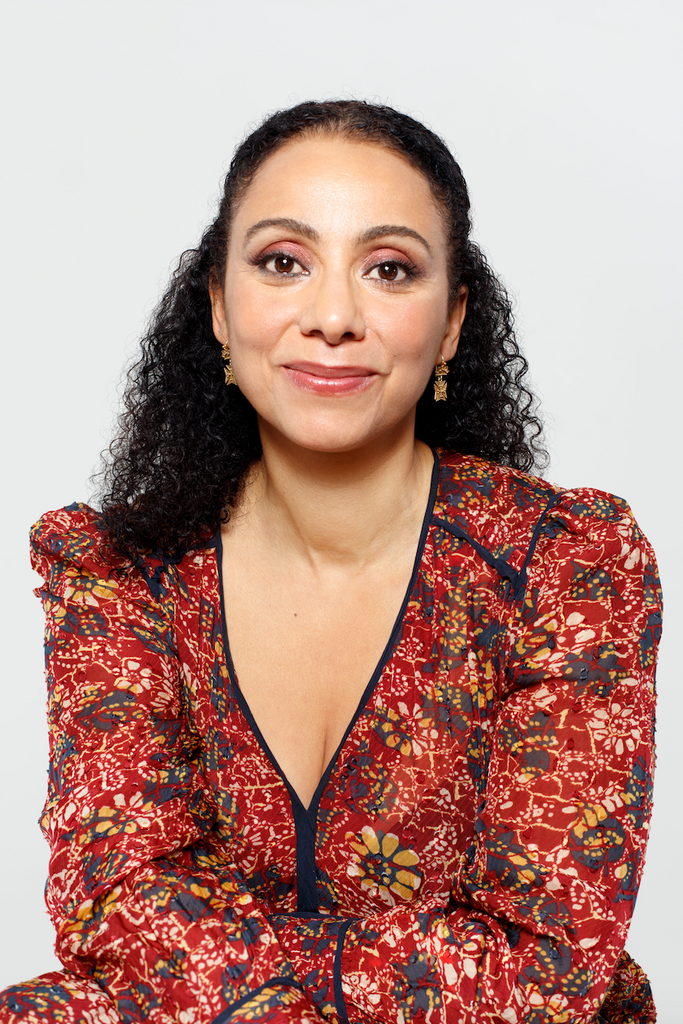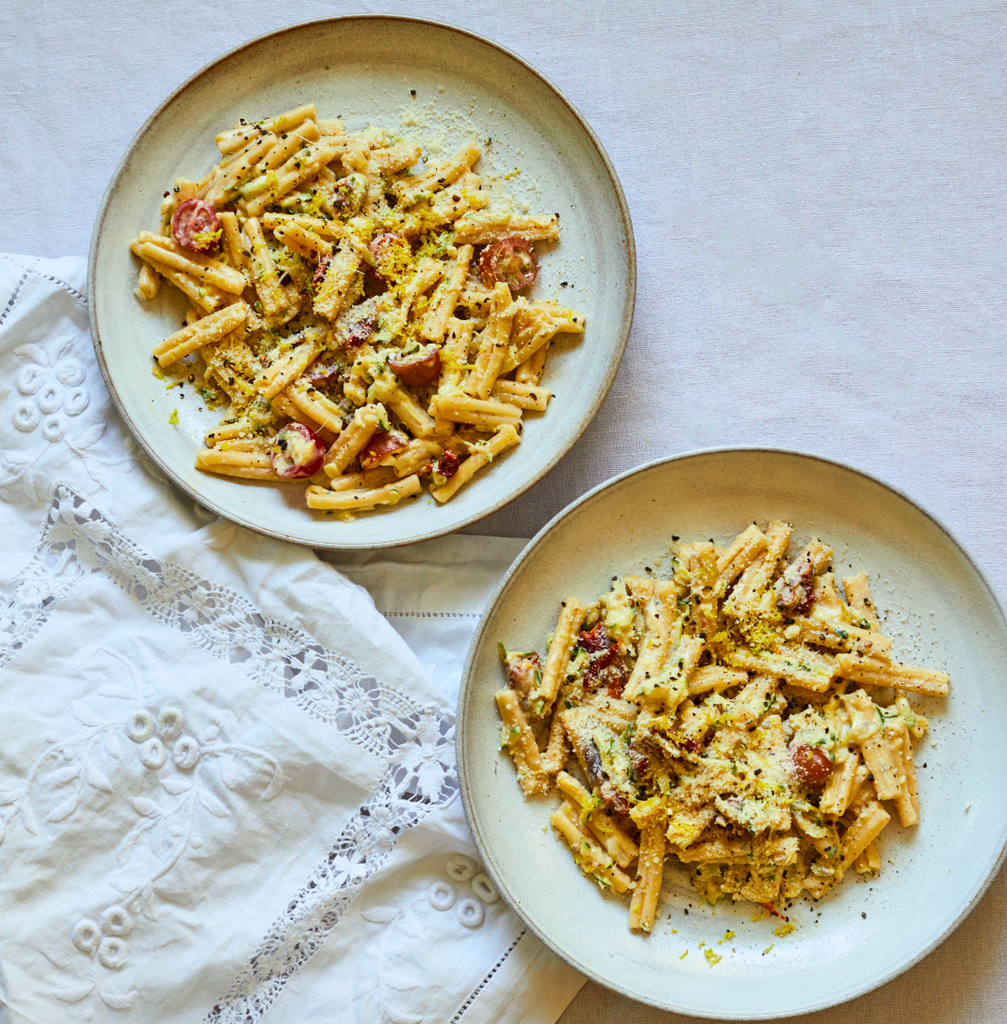The fact is there is far too little research into menopause. Data shows that just 2% of public health research spend goes to female health in the UK - and menopause gets a tiny proportion of that. However, there is growing interest in the foods, herbs, botanicals, vitamins and minerals that can support our bodies in midlife. More single ingredient studies are being published. Excitingly, a number of research initiatives are proving the potential of ancient herbs in supporting our bodies in midlife too.
Natural supplements should be looking to harness ingredients in their most bio-available, complete form. They should comprise wholefood sources and herbs whenever possible. They should be certified by accredited bodies - The Vegan Society is a robust leader in the field of plant based evaluation. The Soil Association is great too - but do remember that not all farmers, particularly those cultivating ancient herb farming, have the budget to adhere to their stringent practices.
But, as a term, there is no legal definition of ‘natural’ in the supplement space. Which is why we, as consumers, need to do the hard yards. Use resources like ResearchGate to check clinically backed insight. We can also look to NCBI for additional perspective and niche studies which, although smaller, may provide valuable insight from growers or researchers without the budget of the big pharma companies. Finally, dig into the brands you are looking to buy from. How transparent are they about the impact of their products? Do they test and verify efficacy themselves?

















